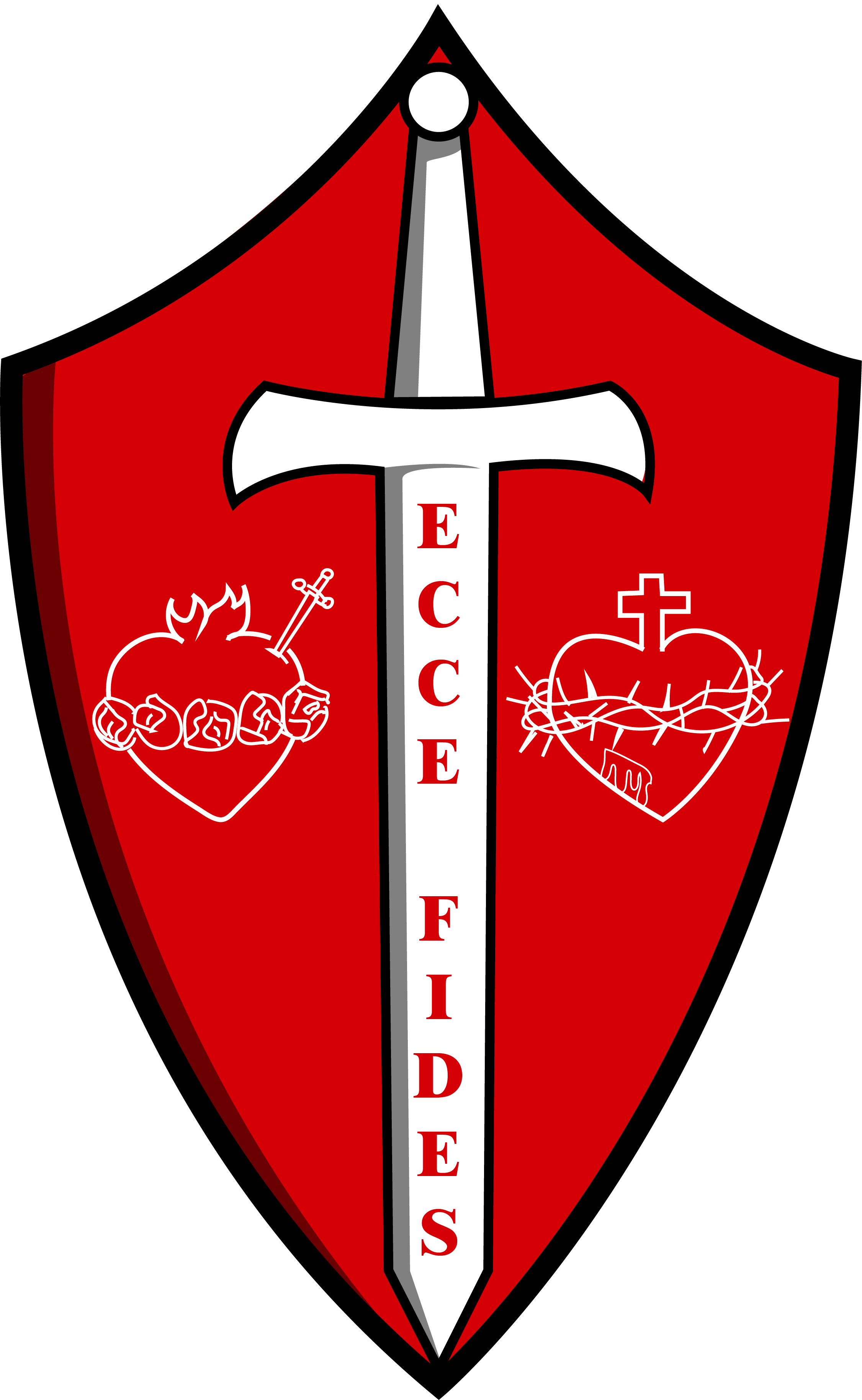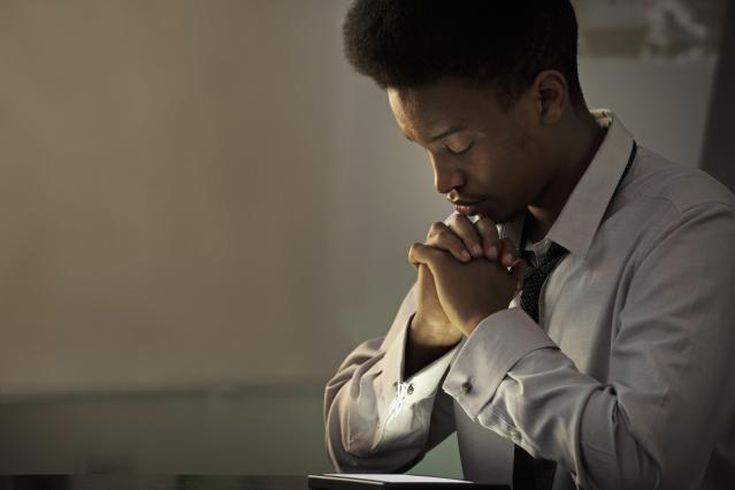G. K. Chesterton, the British writer best known in the U.S. for his fictional priest-detective Father Brown stories, explained in his 1926 essay Why I Am a Catholic:
“It is impossible to be just to the Catholic Church. The moment men cease to pull against it, they feel a tug toward it. The moment they cease to shout it down, they begin to listen to it with pleasure. The moment they try to be fair to it, they begin to be fond of it.”
Chesterton astutely described the Catholic Church as “larger on the inside than it is on the outside.” Indeed, as a convert to Roman Catholicism from Anglicanism, no one understood this better than him.
The best way to deepen our understanding of Catholicism is to ask questions. Yet, many cradle Catholics are afraid or too embarrassed to ask questions. To help assuage those fears, here are three Morning Offerings and Other Prayers Q&As to help get the ball rolling.
Is there something about the Church you would like to ask anonymously? Get personal, confidential assistance with your questions about the Catholic faith.
————————————
Q1: Hi there! I’ve heard it said Catholics should make a morning offering when they wake up. Other than before meals, are there other offerings we should do throughout the day? Is this different than the liturgy of the hours? I try to pray a rosary daily, but I’d like to know if there’s a more formal way to incorporate prayer into my religious life.
A1: The Catechism of the Catholic Church (2698; citing Church Tradition) proposes the following:
The Tradition of the Church proposes to the faithful certain rhythms of praying intended to nourish continual prayer. Some are daily, such as morning and evening prayer, grace before and after meals, and the Liturgy of the Hours. Sundays, centered on the Eucharist, are kept holy primarily by prayer. The cycle of the liturgical year and its great feasts are also basic rhythms of the Christian’s life of prayer.
For more guidance in prayer life, we recommend seeking spiritual direction as well as studying Part Four of the Catechism of the Catholic Church titled “Christian Prayer.”
————————————
Q2: I know we pray to Jesus via the rosary, but can you explain what “to Jesus through Mary” means and why the Church venerates Mary so much?
A2: There is so much to say about Mary! In a nutshell, God became incarnate through Mary’s cooperation: Jesus came into this world through Mary’s intercession. Catholics recognize that Mary’s role in salvation history did not end at the incarnation and that she continues to intercede for us with her son in heaven.
For more, here’s a list of resources available from Catholic Answers and the St. Paul Center to help you get started:
- Catholic Answers: Praying to the Saints
- Catholic Answers: The Intercession of the Saints
- Catholic Answers: What the Bible Says About Praying to the Saints
- Catholic Answers: The Woman of Revelation 12
- Catholic Answers: Mary’s Queenship
- St. Paul Center: Understanding Mary as Queen Mother
- St. Paul Center: Catholic Understanding of the Saints
————————————
Q3: Okay, one last question! What if someone misses a day of a novena? Should they start over, or should he make it up on another day? What is the best practice? Thanks!
A3: Participation in a novena is a private devotion (not public worship), so feel free to do whatever works best for you. Hope this helps!


